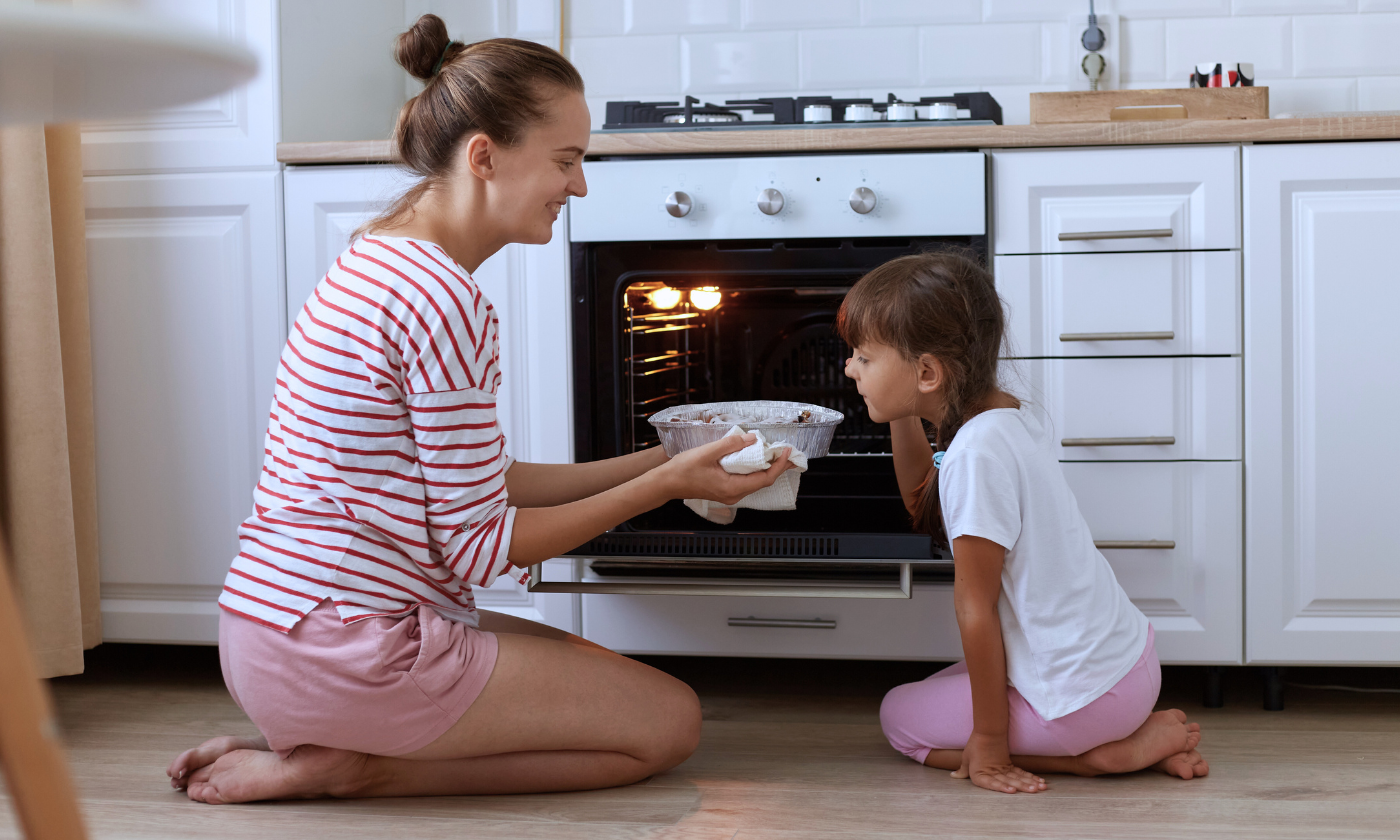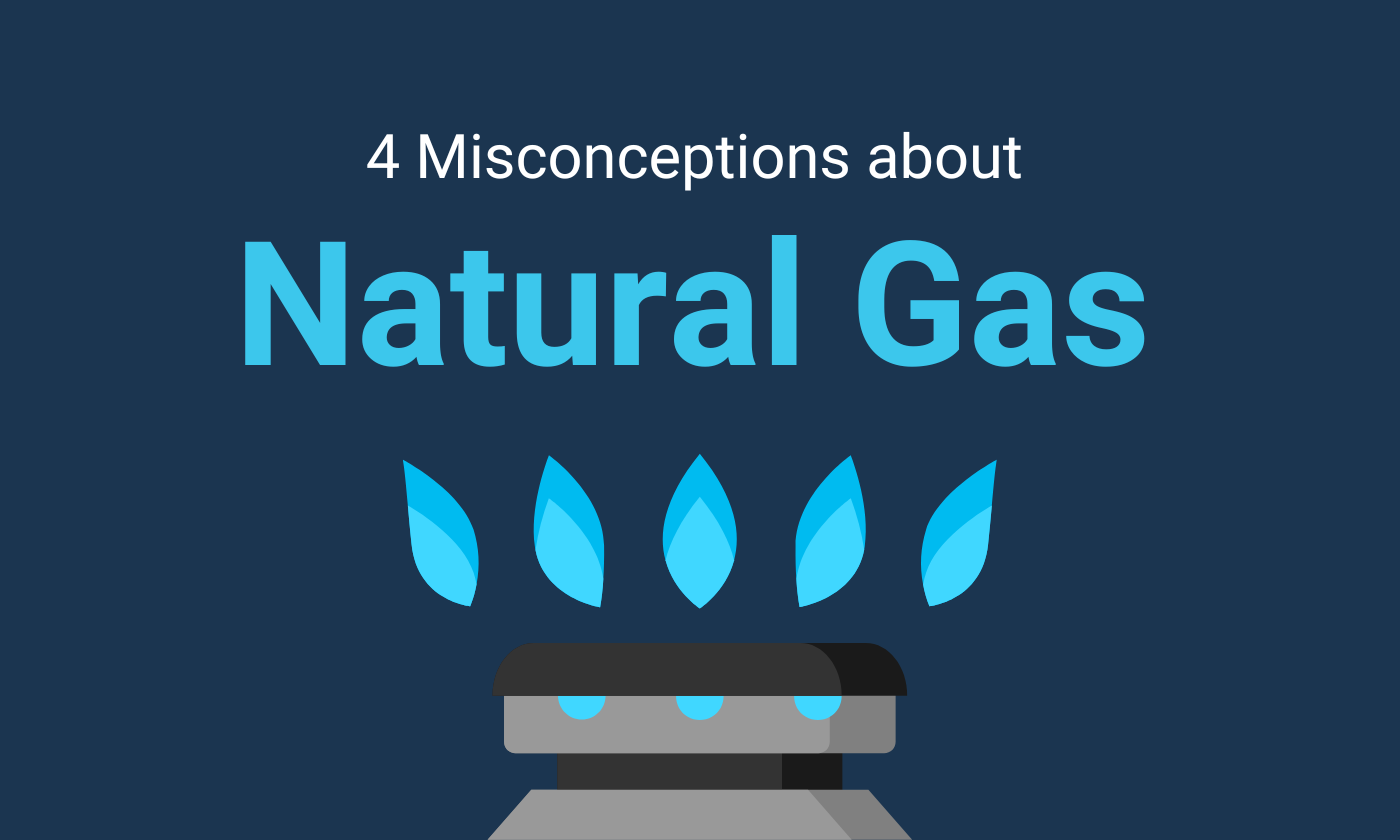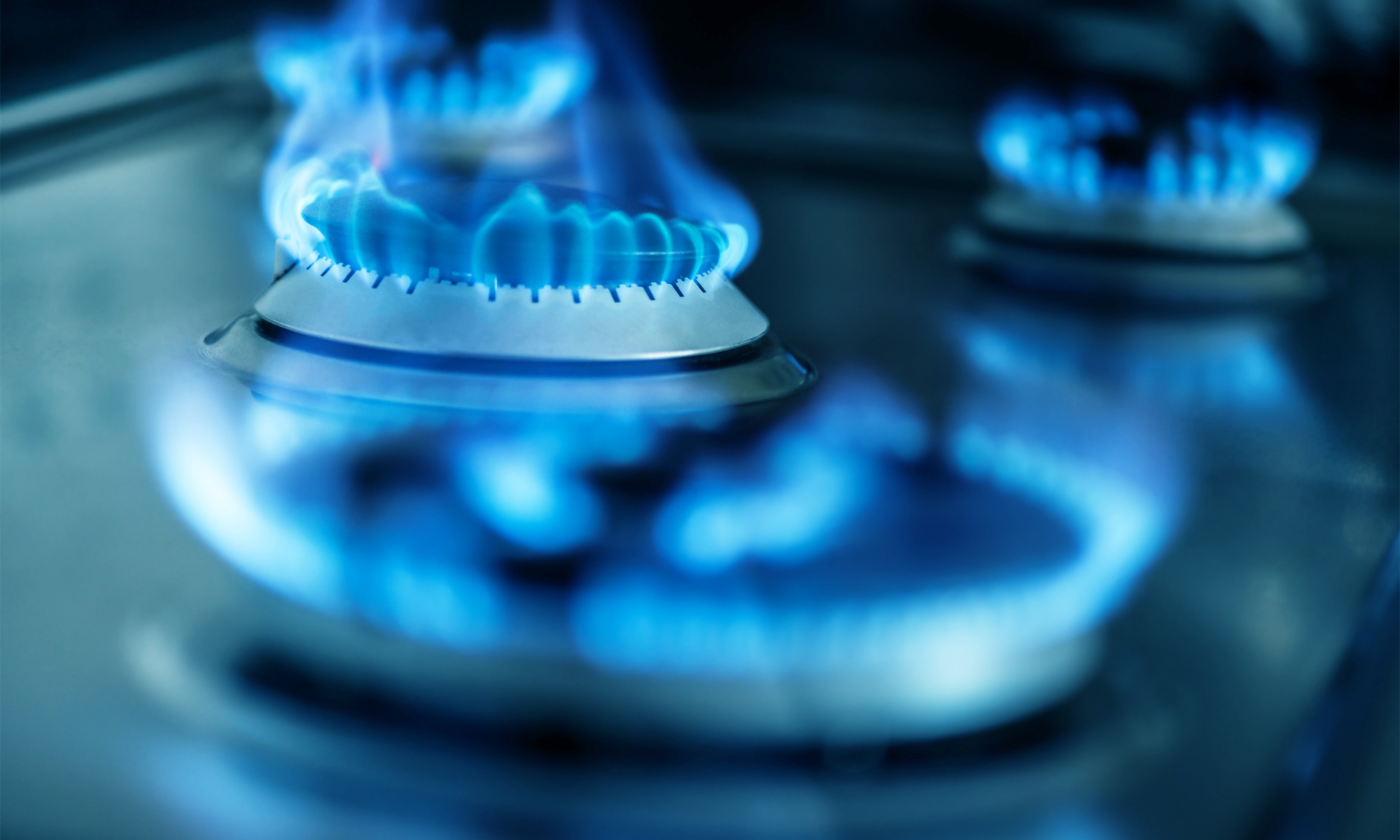When it comes to choosing a stove for your kitchen, there are two primary options to consider: gas and electric. In light of the ongoing gas stove debate still circulating in the media, some homeowners may be wondering if they should swap out their natural gas stove for an electric option.
But before you break up with your gas burners, let’s go over the pros and cons of both types of stoves. The truth is, while both have their advantages and disadvantages, the decision largely depends on the user’s cooking style and what they want in their household.
Not only can gas and electric stoves look quite different from each other, but there are also some tremendous differences in how they perform. In this blog post, we will explore the pros and cons of both gas and electric stoves to ensure you get the one that’s right for you and your home.
Gas Stoves: Pros and Cons
Gas stoves are often preferred over electric ones and continue to be a favorite with home and professional chefs for several reasons. In fact, over 96% of professionals chefs prefer cooking with gas. Here are a few pros and cons of cooking with natural gas.
Pros:
- Instant Heat: Gas stoves provide instant heat for burners and the oven. Because the fire reaches the bottom and sides of the cookware, the heat is distributed evenly, providing a consistent cooking temperature. And with immediate temperature changes, you can better control how your food gets cooked with higher precision.
- Cost-Effective: Looking at the initial purchase and installation price, gas stoves are pricier. However, in the long run, natural gas tends to be cheaper than electricity in most states, so you can save up to 30% on energy costs cooking with gas stoves. Gas stoves also have fewer parts than electric ranges and do not require electricity, making them easier to maintain and dependable during power outages.
- Durability: Gas stoves are better for cooking with high heat due to their construction with sturdy materials like cast iron and steel, which can withstand high temperatures and the wear and tear of daily use. This is extremely beneficial when searing meats or stir-frying. Since gas stoves have a simpler design and fewer components that can malfunction, such as heating coils found in electric stoves, they tend to last longer and be more durable.
- Versatile Cooking Styles: Because of its precise heat control, the gas stove is ideal for high-heat cooking techniques—such as searing and stir-frying—as well as for low and slow cooking methods—like simmering and braising. The exposed flame also provides a visual that people often prefer as the cooking process takes place. Additionally, gas stoves can take on a wide range of cookware, including cast iron, copper, and stainless steel.
Cons:
- Risk Of Gas Leaks: Gas stoves require a gas hookup, which can be expensive to set up if one is not already present. But, with improper installation or faulty pipes, the risk of natural gas leaks can increase. Ensuring you have a natural gas detector present during and after installation is key to improving natural gas safety.
- Poor Indoor Air Quality: If a gas stove is not adequately ventilated, it can emit NO2 and CO, and HCHO. This can cause issues for anyone with asthma, emphysema, or any respiratory illness or health issue. A natural gas detector for home significantly reducing these risks.
- Maintenance And Cleaning: Gas stoves require regular maintenance and cleaning to keep them operating safely and efficiently. This can be more difficult than cleaning electric stoves due to burners, grates, and other components that can collect grease and food residue. Cleaning a gas stove typically involves removing the burner grates, cleaning them separately, and wiping down the burners and other components with a degreaser or soapy water. As long as you stay on top of cleaning your stove, it is a relatively quick and simple process.
-
Fire Hazard: The open flames of a gas stove can be a fire hazard, especially if flammable materials are nearby. Additionally, when using burners to boil any liquids, if spilled, the liquids can turn off the burner or create a dangerous environment. The key to natural gas safety when working with an open flame is to keep flammable materials away from your stove, and if liquid boils over and puts out your flame, promptly turn off the burner, and use a separate burner or wait until the original burner is dry before continued use. Having a DeNova Detect natural gas alarm will help ensure that your stove isn’t silently leaking gas if a burner goes out.
Electric Stoves: The Pros and Cons
Electric stoves are another mainstream option for homes. Here are a few pros and cons of cooking with electric stoves.
Pros:
- Easy To Clean: Electric stoves are easy to clean, with flat, smooth surfaces that you can wipe down quickly. There are very few nooks and crannies that accumulate grime and dirt.
- No Risk Of Gas Leaks: Electric stoves do not require a gas hookup and are easier to turn on and off, making them safer to use. This is ideal for homes without a gas line or who are concerned about natural gas leaks.
-
No Flames: Electric stoves do not have open flames or combustible gas. With an electric stove, the heat is generated by an electric coil or smooth glass surface.
Cons:
- Slower Heating: Without a direct gas flame, electric burners and ovens take longer to heat up than their gas counterparts, and the heat is not as easily adjustable.
- Uneven Heat Distribution: The heat from electric burners is not always distributed evenly, leading to hot spots and uneven cooking temperatures. The spotty heat distribution also disqualifies electric stoves from cooking at high temperatures.
- Higher Energy Costs: Electric stoves generally require more electricity to operate than gas stoves require gas, so using an electric stove will likely result in higher energy bills. The cost of electricity also varies depending on your location and utility provider.
- Requires Electricity: Electric stoves require electricity to operate, so they are useless during power outages unless a backup generator is available.
- Higher Risk Of Electrical Fire: The piping we use in our homes are the same aging infrastructure our grandparents used. Due to the high amount of heat generated from the heating elements, the wear and tear of the stove’s wiring and connections increases the risk of electrical fires. Additionally, if pots or pans are left unattended on a hot stove, they can overheat and catch fire.
Use Gas Safely and Confidently
If you’re still leaning towards gas stoves for your home or business, great! Gas stoves are often preferred over electric stoves for many reasons. However, there are a few tips to remember so you can safely and confidently cook with the stove of your choice.
- Manage The Flame: The burners must be turned on only for the duration of cooking. Never leave the stove unattended or allow the flame to exceed past the cookware’s sides.
- Maintain The Stove: It is crucial to clean your stove daily. Do not allow burners or your exhaust fan to accumulate any grease or build-up.
- Proactive And Careful Cooking: The small details play a significant role when cooking with gas. Turn pot handles away from the stove edge to avoid knocking them over. Pay close attention to the flame and ensure it doesn’t go out—gas can escape silently and invisibly if it isn’t being heated to combustion. Using a natural gas alarm is key to early gas leak detection.
- Personal Precaution: Avoid wearing loose clothing that can easily catch fire. Anyone with long hair should tie it back while cooking. Never allow a child to cook or be around the gas appliance without adult supervision.
- Install a Natural Gas Alarm: It goes without saying: Natural gas leaks are dangerous. But with the right technology, such as micro-electro mechanical systems (MEMS) natural gas sensors, you can create amazing meals without fear. DeNova Detect’s natural gas alarms are designed to detect leaks early, allowing homeowners to take appropriate action to address the situation.
The decision to purchase an electric or gas range stove is personal and will depend on what the buyer is used to cooking with and how they like to cook. Make your decision after careful research and consideration.
Have questions about natural gas safety or natural gas detectors? Contact us at info@denovadetect.com or visit denovadetect.com for more information about natural gas safety. We can help.





Leave a comment
This site is protected by hCaptcha and the hCaptcha Privacy Policy and Terms of Service apply.